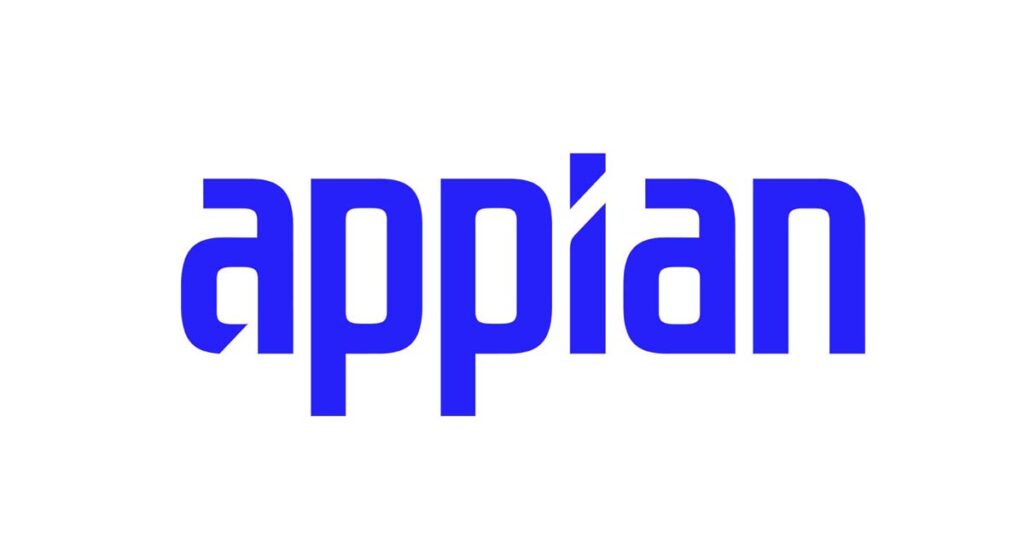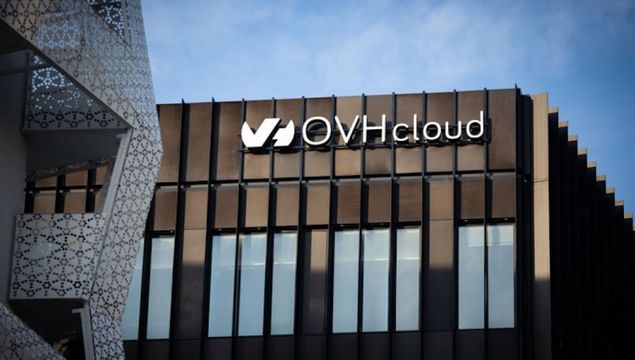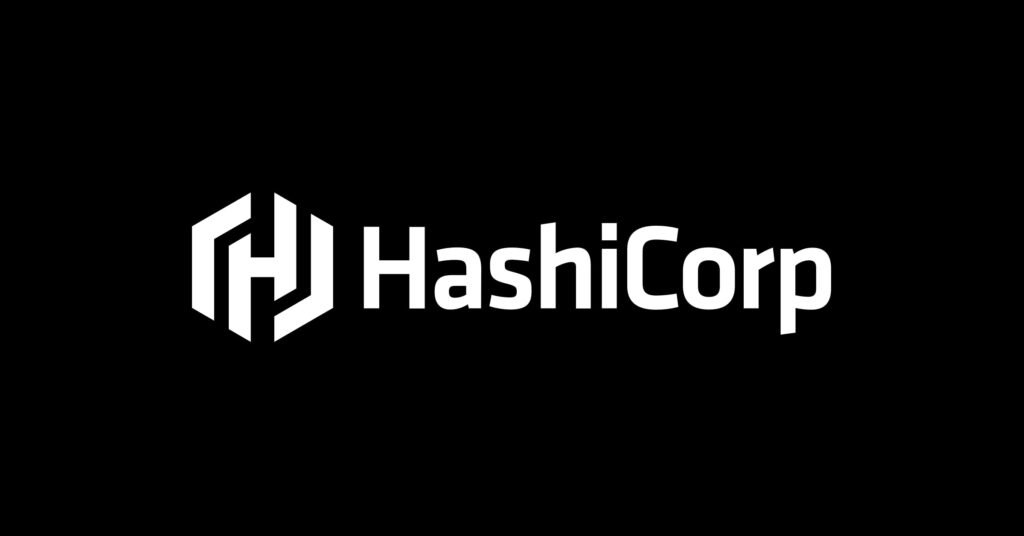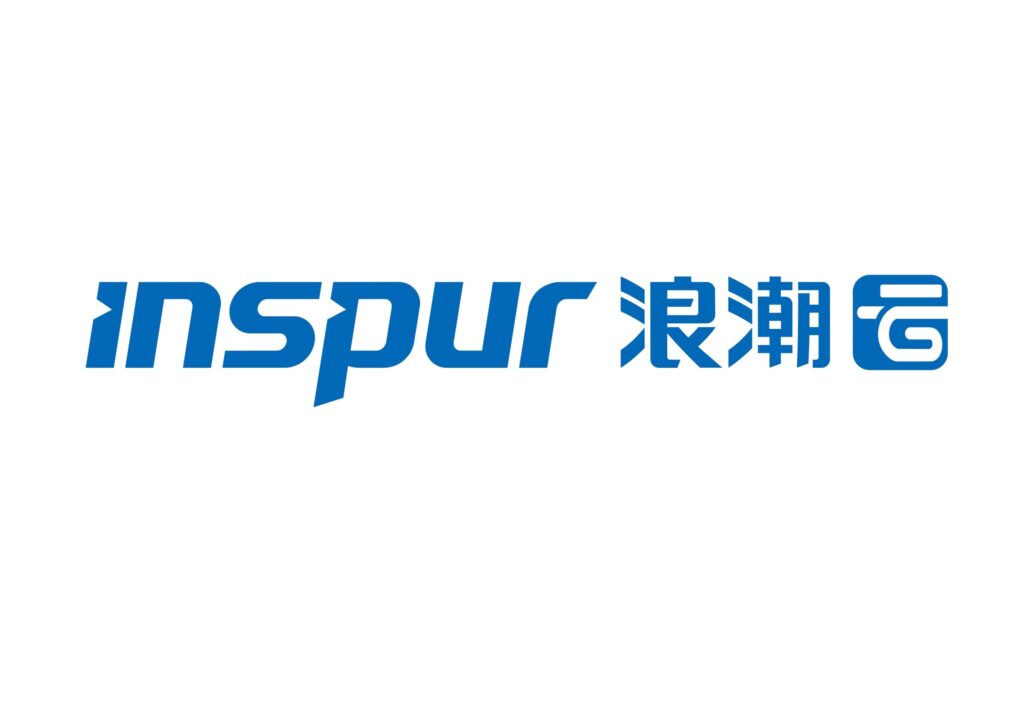HPE to offer cloud computing service for artificial intelligence
Hewlett Packard Enterprise Co (HPE) announced the launch of a cloud computing service intended to support artificial intelligence (AI) systems similar to ChatGPT.
While the service is currently being used by a few customers, it is expected to be more widely available in North America by the end of this year and in Europe next year.

This move puts HPE in direct competition with major cloud computing providers such as Amazon, Microsoft, and Google, as they all strive to adapt their data centers to the growing demand for AI-based services like chatbots and image generators.
The increasing focus on AI is reshaping the cloud computing market, as data centers must be designed differently to handle AI workloads. Traditional cloud computing data centers divide a single physical server into multiple virtual machines for rental to customers.
However, AI data centers take a different approach, aiming to connect hundreds or thousands of computers together to create a unified, powerful computing system.
Also Read: Japan’s Suzuki to Make ‘flying cars’ with SkyDrive
HPE has been working on such technologies for years, particularly in the development of supercomputers like the Frontier supercomputer, currently the world’s fastest.
Justin Hotard, Executive Vice President and General Manager of HPE’s high-performance computing and artificial intelligence unit, stated that the company will leverage its expertise in supercomputers to offer a service specifically tailored to large language models, which underpin services like ChatGPT.
Hotard emphasized that HPE’s offering is distinct from its cloud competitors, being neither easily accessible nor trivial in nature.
HPE’s entry into the cloud computing service for artificial intelligence (AI) places the company in direct competition with major industry players like Amazon.com, Microsoft, and Alphabet Inc’s Google.
These technology giants are all striving to adapt their extensive data centers to meet the increasing demand for AI-powered services such as chatbots and image generators, which have gained immense popularity and attracted millions of users.
Hewlett Packard Enterprise (HPE) is a global technology company that provides a wide range of enterprise solutions and services. Hewlett Packard Enterprise (HPE) already had a presence in the cloud computing market with its HPE GreenLake platform.
One of its prominent offerings, this platform is a hybrid cloud service that allows organizations to consume IT resources on-demand while maintaining control over their infrastructure.
HPE GreenLake is designed to provide a flexible and scalable cloud computing experience, allowing customers to leverage a variety of workloads and technologies. This includes traditional enterprise applications, virtualized environments, big data analytics, and more.
By adopting a consumption-based model, GreenLake offers a pay-per-use pricing structure, where customers only pay for the resources they actually consume.

I am a law graduate from NLU Lucknow. I have a flair for creative writing and hence in my free time work as a freelance content writer.






